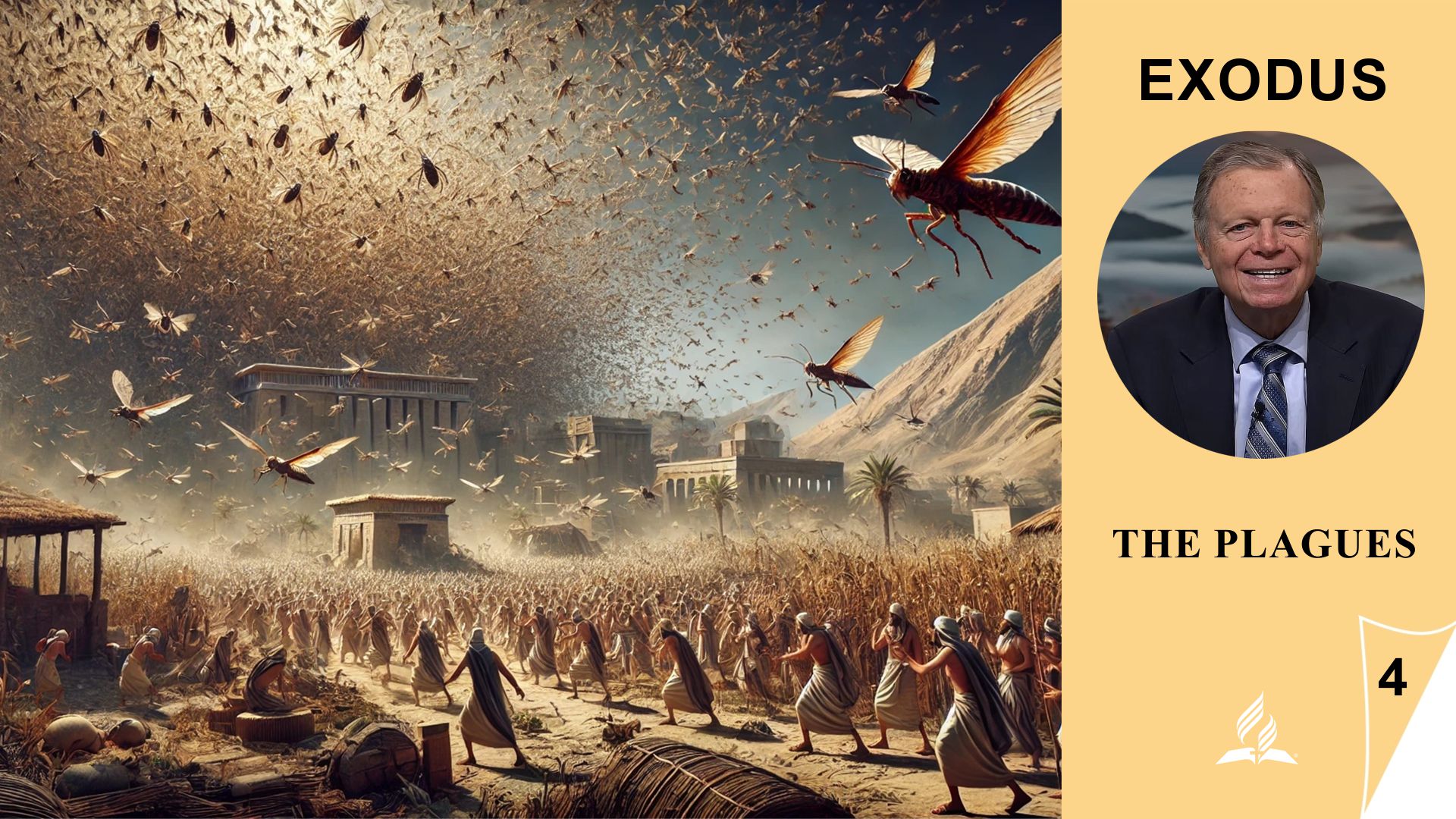 July 20, 2025
July 20, 2025
 Loyal to One Another
Loyal to One Another
 When criticism destroys and loyalty unites
When criticism destroys and loyalty unites
────────────────  ────────────────
────────────────
 Bible Verse
Bible Verse
“Let all bitterness and wrath and anger and clamor and slander be put away from you, along with all malice.”
— Ephesians 4:31
────────────────  ────────────────
────────────────
 Introduction
Introduction
Have you ever experienced someone speaking badly about you? Maybe a friend you trusted? Or have you been the one to judge others? Words can build up — but also deeply wound.
Ephesians 4:31 calls us to remove all negativity from our lives: bitterness, anger, harshness, and hurtful speech. These things destroy relationships — in churches, families, schools.
God calls us to a different lifestyle: loyalty, honesty, and mercy — especially toward our brothers and sisters in faith.
────────────────  ────────────────
────────────────
 Devotional
Devotional
Ellen White writes:
“There are people who think more highly of themselves than they ought. They speak ill of their brothers, believing they would have done better — naturally. But in truth, they would not have done better had they been in the same situation.”
— Ellen G. White, Testimonies for the Church, Vol. 5, p. 58
How often do we think we know better? We look back and say, “I would’ve done it differently.” But often we judge from a comfortable distance — without pressure, responsibility, or the full picture.
“Keep away from the judgment seat! All judgment is entrusted to the Son of God.”
— Ellen G. White, Testimonies, Vol. 5, p. 95
Judging is not our place — it belongs to Christ. Yet we often speak about others as if we had the right to do so.
“Satan works hard to bring people down in precisely this area.”
— Ibid.
He tempts us to think negatively, to speak, to condemn. Ellen White writes clearly:
“Those who freely let their tongues speak critical words, cleverly express opinions and comments that sow seeds of division — these are Satan’s missionaries.”
— Ibid., p. 58
“They always seem to find something to criticize or judge. Their tongues are ever ready to exaggerate every bad thing. What a great blaze a small spark can start!”
— Ibid.
These words are challenging. But they also invite us to think anew: What if, instead of criticizing, we stood up for our brothers and sisters?
“Never let your tongue and voice be used to expose or exaggerate the faults of your brothers.”
— Ellen G. White, ibid.
Because Jesus loves them. He gave His blood for them. When you hurt them, you hurt Him.
“Whatever you did for one of the least of these brothers of mine, you did for me.”
— Matthew 25:40
Ellen White challenges us:
“Learn to be loyal to one another and stand firm as steel in defending your brethren.”
— Ellen G. White, ibid., p. 58
────────────────  ────────────────
────────────────
 Story – “The New Kid in Class”
Story – “The New Kid in Class”
Class 10b was loud, lively, and tight-knit. The students had known each other for years — almost like family. One day, a new boy arrived: David. He was quiet, spoke with a strong accent, and often stayed by himself during breaks.
His clothes were simple, his backpack old and patched. When the teacher introduced him, someone in the back mumbled,
“Oh, another one of those…”
A few giggled. David gave a shy smile and sat down.
In the following days, he stood out — not because he disrupted anything, but simply because he was different. He rarely raised his hand, often looked distracted. Some started whispering:
“He’s kinda weird.”
“He smells a bit, doesn’t he?”
“Does he even have any friends?”
Lena, a girl in the front row, heard it all. She usually didn’t like to get involved. But something in her heart wouldn’t let it go. She noticed how David sat alone during recess, wore worn-out shoes in P.E., and tried hard to keep up — sometimes with tears in his eyes when he made mistakes.
One day during a big break, it happened: two boys from the class dumped David’s milk on his notebook on purpose.
“Oops, sorry…” one sneered.
The other said, “Well, with THAT notebook, who can tell the difference anyway?”
David stood still. He said nothing, picked up his soaked notebook, and walked out into the hallway. Most laughed. A few looked down, ashamed.
But Lena — she suddenly stood up. She grabbed her own notebook, followed David out, sat next to him on the hallway floor, and said quietly:
“Here. Take mine. I’ll rewrite it for you. And — what they did was cruel. You didn’t deserve that.”
David looked at her, stunned. Then burst into tears.
Later, Lena learned David had fled with his mother from a war zone. His father had disappeared. They lived in a refugee shelter on the outskirts of town. All they had was one suitcase. No bike, no brand clothes, no Wi-Fi.
But David had dignity. And Lena had loyalty.
The next day, she sat next to him in class — boldly. She spoke with him. Laughed with him. And slowly — very slowly — others began to open up.
A few weeks later, one of the boys who had bullied David said:
“Hey, David, you’re actually pretty cool. Sorry again for before.”
David smiled. Not a triumphant smile — but a real one of forgiveness.
And Lena? She became a symbol for David: the strongest person isn’t the loudest one, but the one who doesn’t abandon the weak — who stands with them, even when everyone else laughs.
“Learn to be loyal to one another and stand firm as steel in defending your brethren.”
— Ellen G. White, ibid.
────────────────  ────────────────
────────────────
 What can we learn from this story?
What can we learn from this story?
True loyalty is never convenient. It takes courage, compassion — and sometimes the risk of being mocked. But it changes lives.
Maybe you are like Lena today — then dare to stand up.
Maybe you are like David — then hold on: God places people at your side.
And maybe you’re like the others — then today is a day for turning back.
────────────────  ────────────────
────────────────
 Thoughts – What Does This Mean for You?
Thoughts – What Does This Mean for You?
-
Where have I recently judged someone, maybe without truly knowing them?
-
Am I someone who builds others up — or tears them down?
-
How can I show loyalty today — even if it costs me something?
-
Would Jesus say: “What you did for your brother, you did for Me”?
────────────────  ────────────────
────────────────
 Action Steps for Today
Action Steps for Today
-
Think about your words before you speak.
-
Say something kind to someone — especially someone often criticized.
-
If you start a negative conversation, stop yourself — and ask: Is this helping anyone?
────────────────  ────────────────
────────────────
 Prayer
Prayer
Dear Father in heaven,
forgive me when I’ve judged or spoken badly about others. Help me to see people through Your eyes. Teach me to be loyal — strong as steel, merciful like Jesus. Give me a pure heart, a gentle voice, and the courage to stand by my brothers and sisters, even when it’s hard. Amen.
────────────────  ────────────────
────────────────
 Takeaway for Today
Takeaway for Today
“Loyalty begins where criticism ends and love speaks.”
Source: https://fulfilleddesire.net/20-07-2025-loyal-to-one-another-heart-anchor-youth-devotional/


 Lesson 3: Rough Start
Lesson 3: Rough Start 3.7 Questions
3.7 Questions When the beginning is hard – God’s plan still stands
When the beginning is hard – God’s plan still stands Introduction
Introduction Answers to the Questions
Answers to the Questions Question 1: Think of situations where you followed God’s call, but it didn’t go well—or at least not at the beginning. What did you learn over time?
Question 1: Think of situations where you followed God’s call, but it didn’t go well—or at least not at the beginning. What did you learn over time? Application in Daily Life
Application in Daily Life Conclusion
Conclusion Thought of the Day
Thought of the Day Illustration – “Called Anyway”
Illustration – “Called Anyway” July 19, 2025
July 19, 2025 DAILY BIBLE READING
DAILY BIBLE READING Leviticus 4 – The Law of the Sin Offering – When Guilt Comes to Light
Leviticus 4 – The Law of the Sin Offering – When Guilt Comes to Light God’s Way of Reconciliation with Sinful Humanity
God’s Way of Reconciliation with Sinful Humanity Bible Text – Leviticus 4 (KJV)
Bible Text – Leviticus 4 (KJV) Introduction
Introduction Commentary
Commentary 1. Unintentional Sin – No Small Matter (vv. 1–2)
1. Unintentional Sin – No Small Matter (vv. 1–2) Summary
Summary Message for Us Today
Message for Us Today Reflection Questions
Reflection Questions
 July 13 – 19, 2025
July 13 – 19, 2025 1. Jacob flees – alone, afraid, and broken
1. Jacob flees – alone, afraid, and broken Reflection Question
Reflection Question July 19, 2025
July 19, 2025
 What comes out of your mouth reveals your heart – and honors or dishonors God
What comes out of your mouth reveals your heart – and honors or dishonors God ────────────────
──────────────── Bible Verse
Bible Verse Introduction
Introduction Devotional
Devotional Story – “The Words That Stayed”
Story – “The Words That Stayed” What can we learn from this story?
What can we learn from this story? Thoughts – What Does This Mean for You?
Thoughts – What Does This Mean for You? Action Steps for Today
Action Steps for Today Ask God to show you your words – the way He sees them.
Ask God to show you your words – the way He sees them. Prayer
Prayer Takeaway for Today
Takeaway for Today